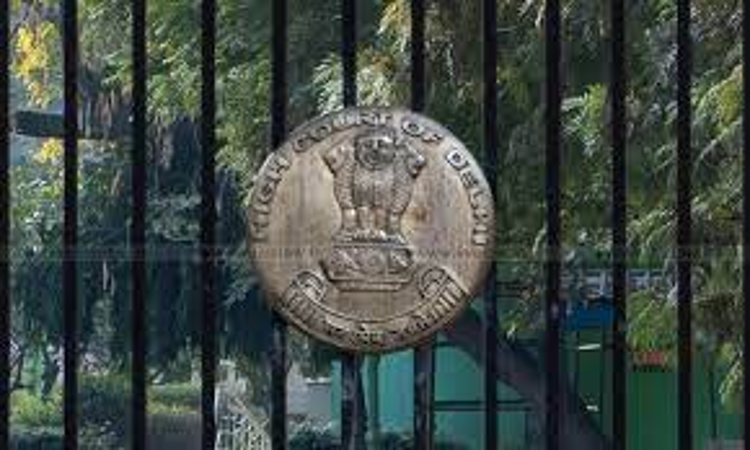Delhi High Court Issues Notice On Plea Challenging Vires Of Civil Defence Act
Akshita Saxena
4 Oct 2021 2:58 PM IST

Next Story
4 Oct 2021 2:58 PM IST
The Delhi High Court today issued notice on a petition challenging the vires of the Civil Defence Act, insofar as it allegedly gives unchecked power to the Controller of Civil Defence Corp to discharge any member from the service, without assigning any reason. A Division Bench of Chief Justice DN Patel and Justice Jyoti Singh has asked the Centre and the Delhi Government to file its...
